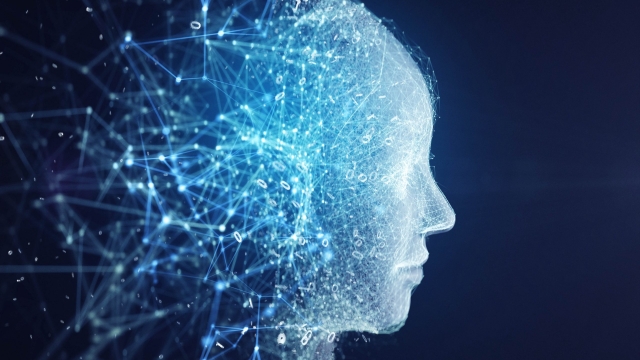
Artificial intelligence, often referred to as AI, is a rapidly advancing field that is reshaping the way we interact with technology and envision the future. Through the development of computer systems capable of performing tasks that typically require human intelligence, AI has the potential to revolutionize industries, enhance efficiency, and unlock new possibilities across various sectors. From virtual assistants and self-driving cars to personalized recommendations and healthcare innovations, the impact of AI is increasingly felt in our daily lives. As research and investment in AI continue to grow, the implications, benefits, and ethical considerations surrounding this transformative technology are becoming key topics of discussion. Join us as we unveil the promising future of AI and explore the boundless opportunities it holds for shaping tomorrow’s world.
History of AI
Artificial intelligence has a rich history that dates back to the mid-20th century. It originated from the work of pioneers like Alan Turing and John McCarthy, who laid the foundation for modern AI. In the 1950s, the term "artificial intelligence" was coined to describe machines that could mimic human-like cognitive functions.
Throughout the following decades, AI research experienced periods of significant progress and setbacks. In the 1980s, expert systems and neural networks gained popularity, leading to advancements in areas such as natural language processing and pattern recognition. However, by the 1990s, AI faced a period of reduced funding and interest known as the "AI winter."
Ai Search
The early 21st century saw a resurgence of interest in AI, driven by improvements in computational power and the availability of vast amounts of data. This era marked the rise of machine learning techniques such as deep learning, which have since revolutionized industries ranging from healthcare to finance. Today, artificial intelligence continues to evolve rapidly, with ongoing research focused on enhancing AI capabilities and addressing ethical considerations.
Current Applications
In today’s world, artificial intelligence (AI) has become increasingly pervasive across various industries. One notable application of AI is in the field of healthcare. AI algorithms are being developed to analyze complex medical data and assist healthcare professionals in diagnosing diseases more accurately and quickly.
Another area where AI is making a significant impact is in the realm of finance. Financial institutions are leveraging AI technologies to improve fraud detection, automate processes, and offer personalized financial services to customers. AI-powered chatbots are also being used to enhance customer service experiences in the banking sector.
Moreover, the automotive industry is embracing AI to revolutionize transportation. Self-driving cars, enabled by AI algorithms, are being developed by major automobile companies to make roads safer and transportation more efficient. AI is also being used to enhance vehicle diagnostics and predictive maintenance, leading to improved performance and longevity of vehicles.
Future Implications
As we look ahead into the future, the implications of artificial intelligence on society become increasingly profound and far-reaching. From transforming industries through automation to enhancing healthcare with advanced diagnostics and personalized treatments, AI is poised to revolutionize various aspects of our lives.
One of the key concerns surrounding the rise of AI is its potential impact on the job market. While automation can streamline processes and boost efficiency, it also raises questions about the displacement of human workers. As AI continues to evolve, there is a need for proactive measures to reskill and upskill the workforce to thrive in the digital age.
Moreover, the ethical implications of AI development cannot be overlooked. As AI systems become more sophisticated, issues related to privacy, security, and bias come to the forefront. It is essential for policymakers, technologists, and society as a whole to collaborate in setting guidelines and regulations that ensure the responsible and ethical use of artificial intelligence.





